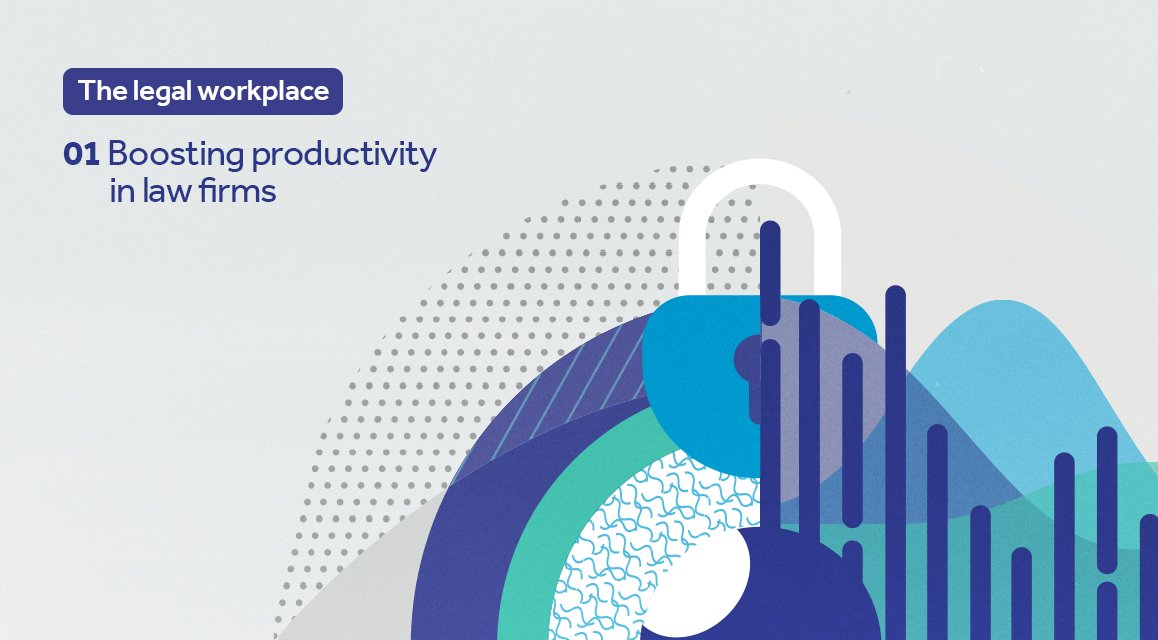
Open-plan offices – when done well – can be great for productivity, collaboration and morale. But when they’re bad, they can make staff uncomfortable and stressed. Noise is just one of the many factors we take into account when creating high-performance open-plan legal offices.
‘Noise’ is unwanted sound. Many lawyers worry that moving to open-plan means noise will make them less productive compared to the personal offices they once had. From our own experience and data, we know that levels of productivity depend on how well the open office is implemented.
Sound affects how people feel and act
Sound affects us physiologically, psychologically, cognitively and behaviourally, says Julian Treasure of The Sound Agencyi. So how is noise detrimental to productivity?
- Physiologically – Has a loud bang ever made you jump, literally? Has noise ever raised your stress levels?
- Psychologically – Sound can trigger emotions. How might your mood be affected differently by hearing Beethoven’s Ode to Joy versus the finale of Tchaikovsky’s 6th Symphony? How might you react to your music versus a colleague’s music you dislike?
- Cognitively – Ever tried to do a maths problem in your head when distracted by a nearby conversation? After being disturbed by noise, does it take a long time to get your train of thought back?
- Behaviourally – Do irritatingly repetitive sounds, or over-loud conversations, make you want to scream or kick something? Or make you want to flee to somewhere quiet?
“Noise lengthens reaction time to visual stimuli [and] degrades vigilance, communication and short-term memory.” – Robert Bridger, Introduction to Human Factors and Ergonomics
Escaping the noise could be risky
Workers often block out noise by listening to personal music. However, ENT specialist Dr Sreekant Cherukuri iisays: “Ear buds [are] damaging the hearing of a generation wired for sound — although they may not realise it for years.” He says ear buds can boost volume by up to 9 decibels because the sound is closer to the ear drum. So what can you do about it?
10 ways to manage noise in the office
In a survey by Oxford Economicsiii, noise was bottom of all the considerations management weighed when designing offices. It doesn’t have to be that way. Here are some tips:
- Ensure noise control is built into your office construction or refurb
- Know the acceptable prescribed levels for office sounds like HVAC systems
- Find ways to screen unavoidable noise (like aircraft at a nearby airport)
- Mask distracting conversations by playing natural sounds or white or pink noise
- Set acceptable noise levels and deliver training on how to manage them
- Ensure people can openly and constructively discuss sound levels
- Provide spaces where people can do work that demands high levels of concentration
- Create small, informal meeting rooms so groups of two or three people can talk away from the open plan
- Phase out desk phones; provide mobiles which must be set to vibrate; and ask that all calls over a certain length are made in a space apart (but provide the spaces – don’t drive people into the stairwell!)
- Ensure people take enough breaks, and in appropriate spaces, so they’re not stuck in a single soundscape.
What impact has COVID-19 had on the legal workplace?
Gain insight into the key learnings from the legal sector in our study of 3,000 office workers and 2,750 employers across Europe. Download the report.


